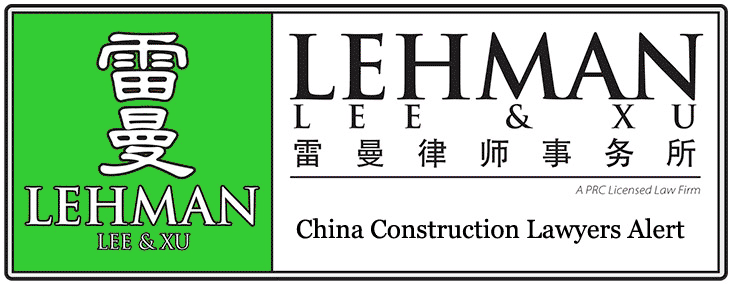SHANGHAI—Growth in new construction starts in China last year decelerated sharply compared with a year earlier, another sign of distress in the country's real-estate sector amid the government's reluctance to relax its two-year-long sector-tightening campaign.
Growth in property investment and sales slowed as well, hurt by tightened credit and administrative curbs on home purchases, and analysts predict the downward trend will continue in the coming months. The risk of a hard landing for China's economy also remains, they said.
In terms of floor area, property construction starts increased 16% to 1.9 billion square meters in 2011, a growth rate down sharply from 42% in 2010, data released Tuesday by the National Bureau of Statistics showed.
Property development investment in China increased 28% to 6.17 trillion yuan ($978.43 billion) in 2011. But growth was down from 33% in 2010.
"Construction starts may have been up last year, but I expect that to fall around 10% this year because of the central government's lowered target for public-housing starts and diminished investment from private-property developers," said Johnson Hu, a CIMB-GK Securities analyst.
China plans to start building seven million public-housing units in 2012, down from 2011's 10 million units.
The Shanghai municipal government set new price guidelines on homes that qualify for preferential transaction tax treatment, widening a tax benefit for many home buyers in the city as developers struggle with falling sales there.
Shanghai will raise the price ceiling on homes that qualify as "private ordinary homes" in a move that could spur sales, following a similar step by Beijing's municipal government in November.
Shanghai Mayor Han Zheng said Monday that the upper limit of the transaction value of an "ordinary home" in the city center—within the city's inner ring road—will be raised to 3.3 million yuan ($523,000) from 2.45 million yuan.
"We have to admit that property prices in Shanghai are too high," the mayor said. "High property prices not only affect consumers, they show that there is a deviation from the principle of sustainable growth in the property market and from our priority of end-user demand."
Chinese property developers have reduced their appetite for land purchases amid the tightened credit environment and weaker sales, resulting in some failed land auctions in certain cities. Some local governments, which rely on land sales for revenue, have subsequently lowered prices to attract more bids.
Property sales, meanwhile, rose 12% to 5.912 trillion yuan in 2011, as growth slowed slightly from 13% in 2010. In December, sales fell for the third consecutive month on a year-to-year basis.
In major Chinese cities, home sales and prices declined last year, which analysts attribute to more strictly implemented property restrictions. In Beijing, for instance, house prices fell 11% in 2011 while sales of private homes there dropped 14%, the city's Mayor, Guo Jinlong, said.
The statistics bureau will issue its December data on property prices in 70 Chinese cities Wednesday.
Overall, "there is some deceleration but it's not catastrophic," said Rosealea Yao, an analyst at Dragonomics Research. "Property sales are at low levels but are stabilizing. On a sequential basis, the market should be bottoming out."
She added that prices should continue to correct modestly in the coming quarters.
Web link: http://online.wsj.com/article/SB10001424052970204468004577165972968261642.html
|

